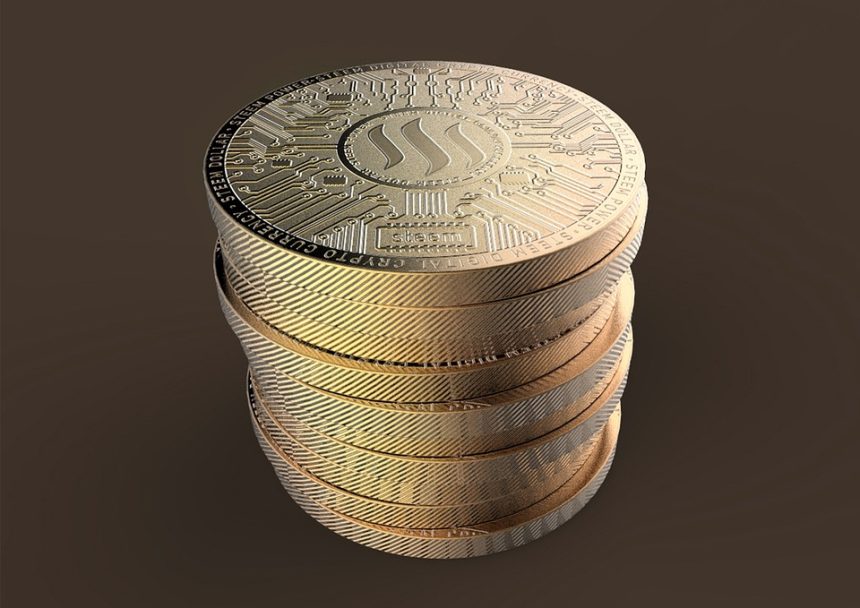Decentralized finance (DeFi) has rapidly emerged as a transformative force in the financial landscape, offering innovative solutions that challenge traditional banking systems. While initially gaining traction in developed markets, the principles of DeFi are proving particularly advantageous for developing economies. By leveraging blockchain technology and decentralized applications, these protocols are not only democratizing access to financial services but also propelling economic growth in regions previously constrained by institutional inefficiencies and lack of access.
1. Financial Inclusion: Bridging the Gap
One of the most significant challenges in developing economies is the lack of access to banking services. According to the World Bank, around 1.7 billion adults remain unbanked, with a disproportionate number residing in low-income countries. DeFi platforms eliminate intermediaries, allowing users to access financial services directly through their smartphones or computers without the need for traditional bank accounts. This accessibility is particularly relevant in areas where banking infrastructure is lacking.
DeFi protocols often require minimal documentation, making it easier for individuals in rural or underserved areas to engage with financial services. Products such as lending, borrowing, and yield farming can be accessed using only a wallet address, thus breaking down barriers that have long excluded many from traditional finance.
2. Lower Transaction Costs
The cost of sending remittances and conducting cross-border transactions has traditionally been a considerable burden in developing economies. DeFi protocols utilize blockchain technology to facilitate transfers at lower fees and faster speeds compared to conventional remittance services. Cutting out intermediaries slashes costs substantially, enabling users to keep more of their money, which can be reinvested back into their communities.
For instance, protocols such as Stellar and Ripple are designed to facilitate cross-border transactions, making it cheaper and faster for individuals and businesses to transact globally. This empowers entrepreneurs in developing regions to participate in the international market, fostering economic growth and development.
3. Access to Capital and Innovation
DeFi protocols offer new avenues for businesses in developing economies to access capital. Smart contracts enable individuals and small businesses to receive loans without the stringent requirements imposed by traditional financial institutions. This empowers entrepreneurs who might previously have struggled to secure funding due to lack of collateral or credit history.
Moreover, the transparency and security of blockchain technology enhance trust among potential investors and lenders. Crowdfunding platforms built on DeFi principles allow entrepreneurs to pitch their ideas and attract funds from a global pool of investors. This democratization of capital can stimulate innovation, job creation, and overall economic resilience in developing markets.
4. Empowering Local Economies
DeFi protocols offer the potential to create sustainable local economies through decentralized applications that support community-based initiatives. For example, decentralized autonomous organizations (DAOs) can be employed to manage community funds, enabling locals to make collective decisions regarding resource allocation, development projects, and social initiatives.
Additionally, by providing alternative forms of currency and means of transaction, DeFi can contribute to the creation of local ecosystems that work independently of traditional financial systems. This can be particularly beneficial in regions frequently impacted by inflation or currency devaluation, giving communities more control over their economic futures.
5. Education and Financial Literacy
As the DeFi space continues to grow, so does the need for education and awareness about its benefits. Various organizations and platforms are emerging to provide educational resources tailored to local communities. By equipping individuals with knowledge about blockchain, cryptocurrencies, and DeFi services, these programs can empower users to make informed financial decisions.
Youth in developing economies are increasingly interested in technology, making them ideal candidates for learning about DeFi. By fostering this interest, we can cultivate a new generation of entrepreneurs and professionals who can harness these tools to create lasting change in their communities.
Conclusion: A Bright Future Ahead
The rise of DeFi protocols marks a pivotal moment for developing economies. By offering innovative solutions that enhance financial inclusion, reduce transaction costs, and unlock access to capital, DeFi stands to create a more equitable financial landscape. As communities embrace these changes, we can anticipate flourishing local economies and increased resilience against external economic shocks.
However, challenges remain, including regulatory concerns, technological literacy, and security issues. It is crucial for all stakeholders—governments, developers, and local communities—to collaborate in order to build sustainable and secure DeFi infrastructures that align with local needs and contexts.
As we look to the future, the potential of DeFi protocols to empower developing economies is boundless. With commitment, education, and innovation, we can create a financial ecosystem that not only uplifts individuals but also propels entire communities toward a brighter and more sustainable economic future.





